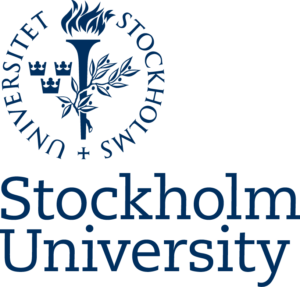
Stockholm University
Green Education Ranking
#160
About Stockholm University
Stockholm University boasts over 65 departments, fifteen research institutes and centres, and a comprehensive range of academic programs including 75 master’s programs and three bachelor’s programs taught in English, covering disciplines across science, humanities, social sciences, and law. Additionally, Swedish language programs are offered to cater to diverse linguistic needs. Situated in the Royal National City Park of Stockholm, the campus provides easy access to the vibrant city life of Stockholm. The university has a rich history, marked by notable achievements such as the appointment of the world’s first female professor of Mathematics in 1889 and the recognition of four Nobel Laureates in Chemistry. Renowned for its research contributions, faculty members actively engage in scientific research and contribute to societal development. Many of our researchers serve as experts in scientific and public international bodies, including participation in Nobel Prize committees responsible for selecting Nobel Prize winners annually.
About World Green University Ranking
World
Green University Ranking 2024 is a
scholarly acknowledgment of educational
institutions standing at the forefront of
Education for Sustainable Development (ESD) and
leading the Green Education Transformation
(Education 6.0).
World Green University Ranking classifies
universities based on the six pillars of the
Holistic Green Education Framework, including
leadership governance, curriculum, innovation,
facilities, human capital, and community
partnerships.
The methodology employed in our Green Education Ranking is designed relying on the six pillars of the Holistic Green Education Framework. Each pillar contributes to the institution’s overall score, with a carefully assigned weight reflecting its significance in fostering sustainability. The total weight of the six pillars collectively amounts to 100%, signifying a balanced evaluation across critical dimensions of Green Education. Within each pillar, various standards are carefully assessed, with weights ranging between 1 and 2, emphasizing the varying importance of each criterion. This nuanced approach ensures a holistic evaluation and offers an insightful measure of universities commitment to Green Education Transformation (Education 6.0).
| # | Six Pillars of Green Education Framework (6Gs). | Weight |
|---|---|---|
| 1 | Green Educational Leadership | 14% |
| 2 | Green Curriculum | 17% |
| 3 | Green Innovation and Research | 19% |
| 4 | Green Facilities | 15% |
| 5 | Green Human Capital | 19% |
| 6 | Green Communities | 16% |
| Total | 100% |

